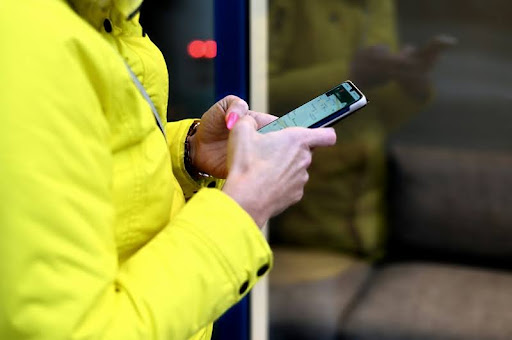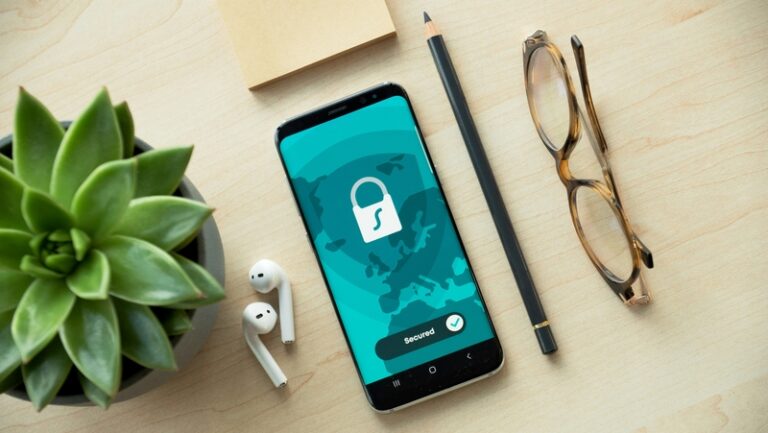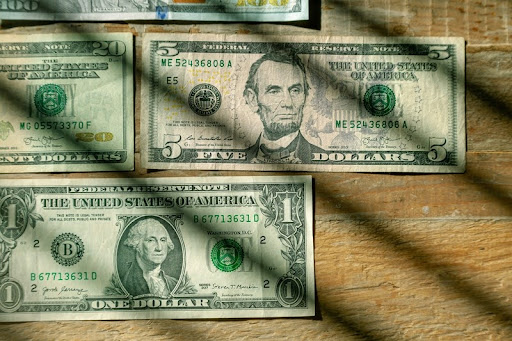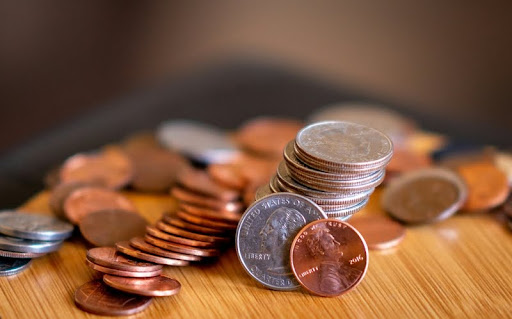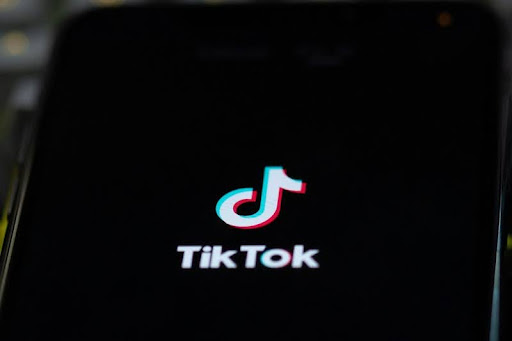
As TikTok faces increasing scrutiny, its logo has become a symbol of the debate over data privacy and digital security.
TikTok’s been all over the news lately. Again. Maybe you’ve heard about a possible ban, or maybe your feed is just full of people talking about what would happen if the app disappeared. But what’s going on here? Is TikTok unsafe? And could it get banned in the U.S.?
Let’s break it all down in plain English, no panic, no jargon. Just the facts (and a little bit of common sense).
Why is TikTok considered a security risk?
The main issue boils down to one thing: data privacy. TikTok is owned by a Chinese company, and that makes U.S. lawmakers nervous.
The fear? That user data, including your location, habits, messages, and preferences, could end up in the hands of the Chinese government. There’s also concern about how the app decides what to show you, especially when it comes to political content or misinformation.
It’s not just about funny dances or viral recipes. It’s about who might be behind the scenes pulling the strings.
What does a TikTok ban mean for users?
If you’re picturing your app just vanishing from your phone overnight, it’s not quite that simple.
A TikTok ban in the U.S. could take a few forms:
- App store removal: TikTok could be blocked from future downloads or updates.
- Forced sale: The U.S. might push for TikTok to be sold to an American company.
- Restrictions: Certain features might be limited, or government devices might block access.
Even with a ban, users who already have the app might still be able to use it, at least for a while. But without updates or support, it could fizzle out over time.
Who decides if TikTok gets banned in the U.S.?
It’s not just one person flipping a switch. Banning an app like TikTok involves multiple layers of government. Think:
- Congress writes and passes laws
- Federal agencies (like the Department of Commerce) are making enforcement decisions
- Courts are stepping in if legal challenges arise
And yep, there’s a lot of politics involved. Different lawmakers have different takes on how dangerous TikTok really is, and there’s no clear consensus yet.
How has TikTok responded to the safety concerns?
TikTok hasn’t stayed quiet. The company says it stores U.S. user data in the U.S., with backups in places like Singapore.
It’s also launched programs to increase transparency, like letting outside experts review its content algorithms and moderation policies.
Still, critics say that it doesn’t go far enough. The core issue, TikTok’s ownership, hasn’t changed.
What can you do if you’re worried about TikTok privacy?
First off, it’s smart to assume that most apps collect data, not just TikTok. But if you’re looking to protect yourself:
- Limit app permissions. Don’t give access to your location, contacts, or microphone unless necessary.
- Avoid linking accounts. Keep your TikTok separate from your Google or Facebook logins.
- Stay informed. Keep an eye on official updates, not just what’s trending online.
No app is 100% risk-free, but taking small steps can go a long way in protecting your digital footprint.
Could a ban happen?
It’s possible. But it wouldn’t be instant, and it wouldn’t be simple. Courts could block it. Users and creators could push back hard. And lawmakers would need to agree on the best way forward.
So, if you’re worried TikTok might vanish tomorrow? Probably not happening. But the conversation isn’t going away anytime soon.
What would happen to creators if TikTok got banned?
This one hits hard. Creators who rely on TikTok for their brand, business, or income could face real disruption.
Many would shift to platforms like Instagram Reels or YouTube Shorts. But the audience, the culture, the algorithm? It’s just not the same.
That’s why so many influencers are closely watching the headlines and backing up their content elsewhere.
So, is TikTok safe to use in the U.S.?
It depends on how you define “safe.”
If we’re talking about data privacy, TikTok collects a lot of information, like most social apps. The main difference is who owns it and where that data might go.
If we’re talking about content safety, TikTok does have moderation tools, but misinformation, harmful trends, and addictive scrolling are still real issues.
Bottom line? TikTok isn’t the only app under scrutiny. It just happens to be the one in the spotlight.
Final thoughts: What does all this mean for you?
The TikTok ban talks are about more than just one app. They’re part of a bigger conversation about tech, privacy, and national security in the digital age.
So, whether you love TikTok or don’t use it at all, this debate is worth paying attention to. And if the day comes when you see that app icon vanish from the App Store, at least you’ll know why.
FAQ: Is TikTok Safe in the U.S.?
Q: Is TikTok banned in the U.S. right now? A: No, TikTok is still available. There are talks of a ban, but nothing is finalized.
Q: Why do people want TikTok banned? A: Mainly due to concerns about data privacy and national security, because it’s owned by a Chinese company.
Q: Can I still use TikTok if it gets banned? A: Possibly. If you already have the app, you might still be able to use it for a while, but new downloads and updates could be blocked.
Q: Is TikTok safe for kids and teens? A: Like any social app, it depends on how it’s used. Parents should monitor usage and enable safety features.Q: Should I delete TikTok now? A: That’s up to you. If you’re worried about privacy, consider limiting permissions or taking a break.
